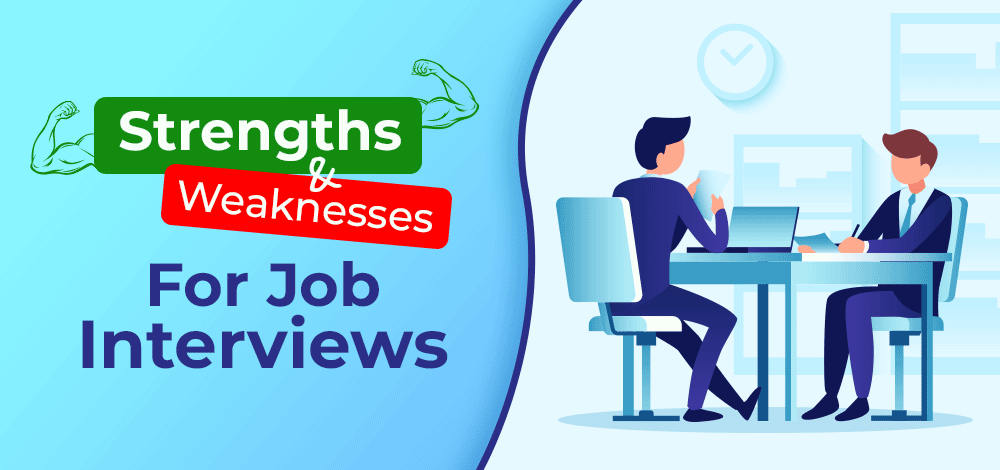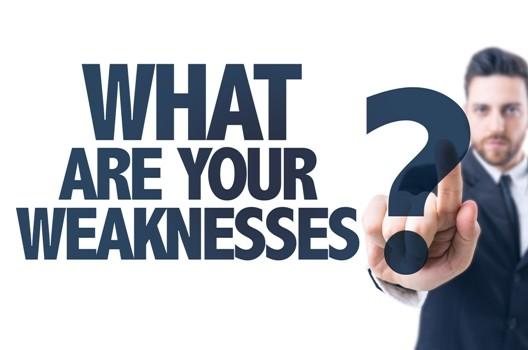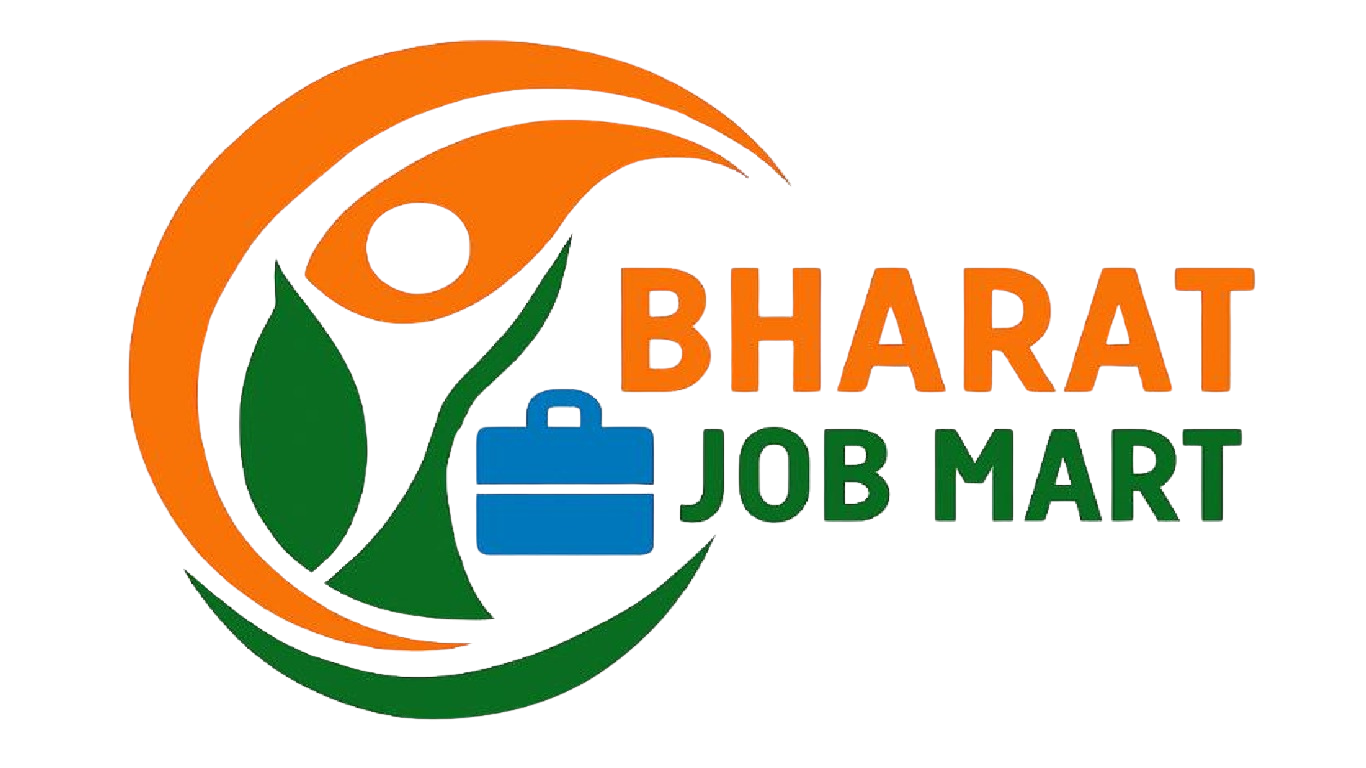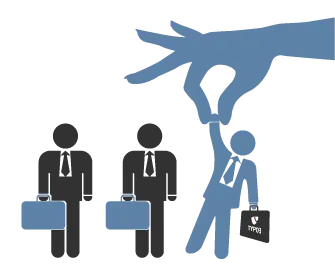
Strengths to Share in an Interview When talking about strengths, focus on qualities that match the job role. Always back your strength with a short example.
Here are 20 strengths you can mention:
- Strong Communication Skills – Clear, effective, and confident in both verbal and written communication.
- Leadership Ability – Guiding teams toward success while motivating others.
- Problem-Solving Skills – Tackling challenges with logical and creative solutions.
- Adaptability – Staying calm and effective in changing environments.
- Time Management – Prioritizing tasks to meet deadlines efficiently.
- Team Player – Working well with colleagues to achieve common goals.
- Work Ethic – Dedicated, consistent, and professional.
- Analytical Thinking – Breaking down complex problems into manageable solutions.
- Attention to Detail – Catching errors and maintaining accuracy.
- Creativity – Thinking outside the box for innovative solutions.
- Empathy – Understanding and supporting coworkers and clients.
- Decision-Making – Making informed choices under pressure.
- Resilience – Overcoming setbacks with a positive attitude.
- Conflict Resolution – Managing disagreements effectively and professionally.
- Self-Motivation – Taking initiative without needing supervision.
- Technical Skills – Expertise in specific tools, software, or systems.
- Customer Service Orientation – Putting clients’ needs first.
- Organizational Skills – Keeping projects, documents, and tasks well structured.
- Learning Agility – Quickly picking up new skills and knowledge.
- Positive Attitude – Bringing energy and optimism to the workplace.

Weaknesses to Share in an Interview
When discussing weaknesses, avoid red flags that could hurt your chances. Instead:
- Pick a real weakness (not a fake one like “I’m a perfectionist” unless you explain it well).
- Show that you’re working on improving it.
Here are 19 weaknesses you can discuss:
- Impatience – Wanting quick results but learning to manage expectations.
- Public Speaking – Nervous in large groups but improving with practice.
- Delegation – Struggling to let go but learning to trust team members.
- Overthinking – Spending too much time analyzing, working on being more decisive.
- Perfectionism – Paying too much attention to details but balancing efficiency.
- Taking on Too Much Work – Learning to say no and prioritize.
- Shyness – Initially reserved but opening up with colleagues over time.
- Asking for Help – Hesitant at times, now actively seeking support when needed.
- Strict with Rules – Sticking too rigidly to guidelines but learning flexibility.
- Sensitive to Criticism – Taking feedback personally but now using it constructively.
- Lack of Experience in [Specific Skill] – Actively taking courses to improve.
- Difficulty Saying No – Tending to accept extra work but learning boundaries.
- Disorganization Under Pressure – Sometimes messy but building better systems.
- Too Direct in Communication – Honest but working on softening tone.
- Delegating Creative Work – Finding it hard to trust others’ creativity but improving.
- Handling Stress – Can feel overwhelmed but practicing mindfulness techniques.
- Networking – Not naturally social but attending more industry events.
- Multitasking – Can get distracted, so focusing on one task at a time.
- Overcommitting to Deadlines – Learning to provide realistic timelines.
Tips for Answering Strengths & Weaknesses
- Be Honest – Don’t give cliché answers like “I have no weaknesses.”
- Stay Professional – Keep answers work-related, not personal.
- Be Concise – Don’t over-explain; keep it short and relevant.
- Show Growth – For weaknesses, emphasize how you’re improving.
- Match to Role – Choose strengths that align with the job description.

Final Thoughts
Employers don’t expect you to be perfect—they want to see self-awareness, honesty, and a willingness to grow. By carefully selecting from these 39 strengths and weaknesses, you can answer with confidence and leave a strong impression.



